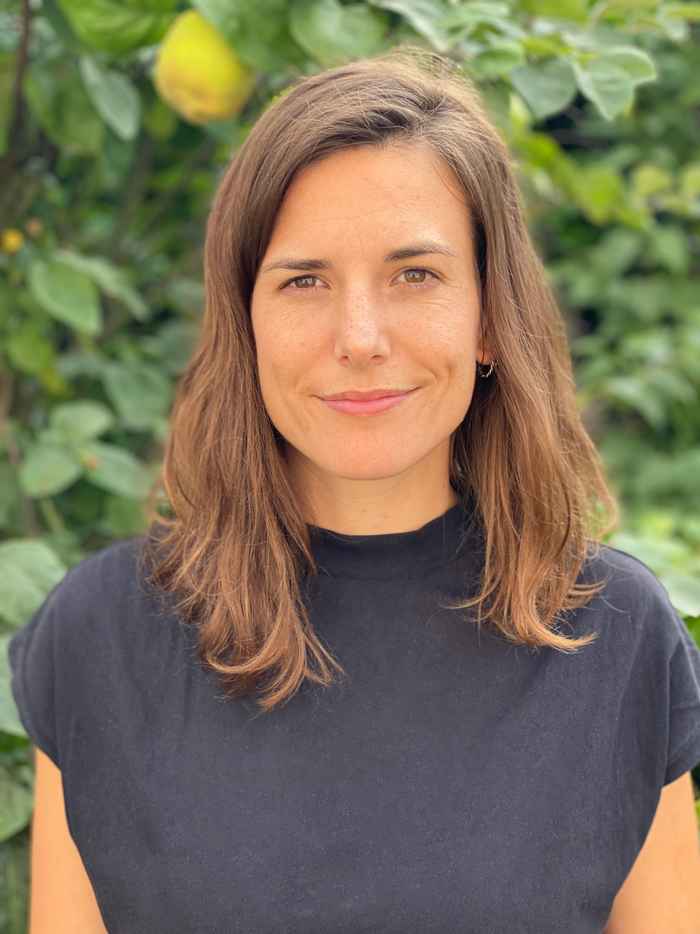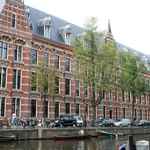Cities of Refuge? Workers of African Descent in the Nineteenth-Century Americas
ACUH seminar with Viola Müller
- Date
- 20 October 2022
- Time
- 15:30 -16:30
- Location
- Bushuis/Oost-Indisch Huis
- Room
- E1.02

The parallels with present-day undocumented migrants are striking: those who escaped slavery in the United States used false papers to conceal their identities, or they were not able to document their freedom at all. Fugitive slaves camouflaged themselves among the (free) African American population, which tended to congregate in the South’s larger cities.
Yet, internal runaways were not the only group who tried to avoid law enforcement and contact with authorities, nor was this phenomenon restricted to the southern United States. Among other cities, Havana and Rio de Janeiro also counted large numbers of people who had an insecure or unclear status due to discriminatory legislation. Shall we consider these places as cities of refuge in the sense that the municipal governments essentially refrained from reporting undocumented residents?
By applying concepts more commonly associated with contemporary debates on migration—such as undocumentedness and illegality—this presentation connects the experiences of urban workers of African descent in the Americas to those of other precarious social groups in history that have lived in conditions of vulnerability and illegality, subject to discretionary policing and susceptible to coercive labor regimes.
